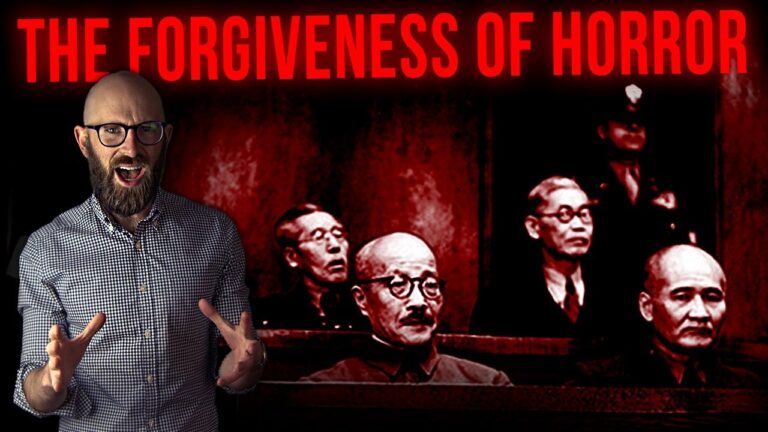“Unraveling the Mystery: Why Italy Escaped a Post-War Reckoning for Its Atrocities”
Moreover, De Gasperi warned the Allies that extraditing any Italian national to Yugoslavia would impact the public opinion, and likely destabilize the young and fragile Italian democracy. The Prime Minister then reassured all that his government intended to investigate and prosecute war criminals.
Mr De Gasperi was referring to the Italian Commission of Inquiry, set up on May 6, 1946. This was a brain child of his Minister of War, Manlio Brosio, created with the explicit aim of preventing the risk of extraditing Italian nationals to foreign powers. By May 1947, the Commission had identified 39 high ranking individuals for investigation, appearing to proceed in the right direction.
But the initial momentum soon gave way to a slower pace, and resources were diverted into a âside-questâ: while investigating Fascist criminals, the Commission also gathered evidence on the Anti-Italian massacres in Yugoslavia.
The final report to the Italian judiciary was submitted only on June 30, 1951. By that time, any interest on the Allied side to stage war crimes trials had fizzled away. So, what was the real deal with the Commission of Inquiry?
According to a 2006 inquest of the Italian parliament, the Commission was never interested in bringing criminals to justice- shocking, I know- but only as a tool to buy time while the government reinforced its ties with the Western Allies. At the same time, the Commission would gather evidence about anti-Italian atrocities at the âFoibeâ, which could be used as a case to prevent extraditions to Yugoslavia.











